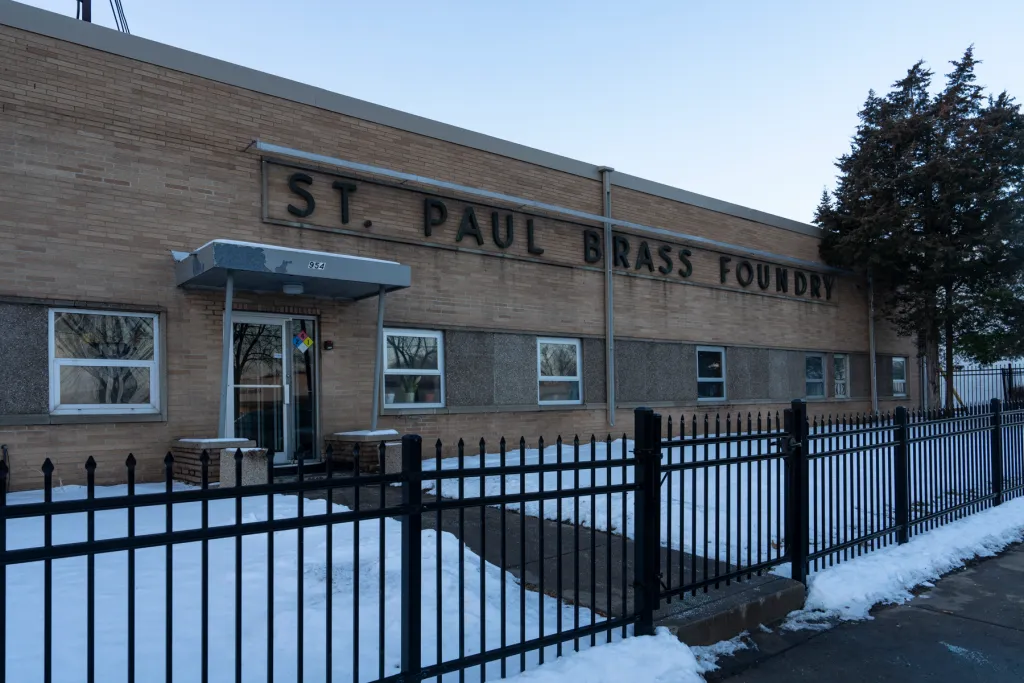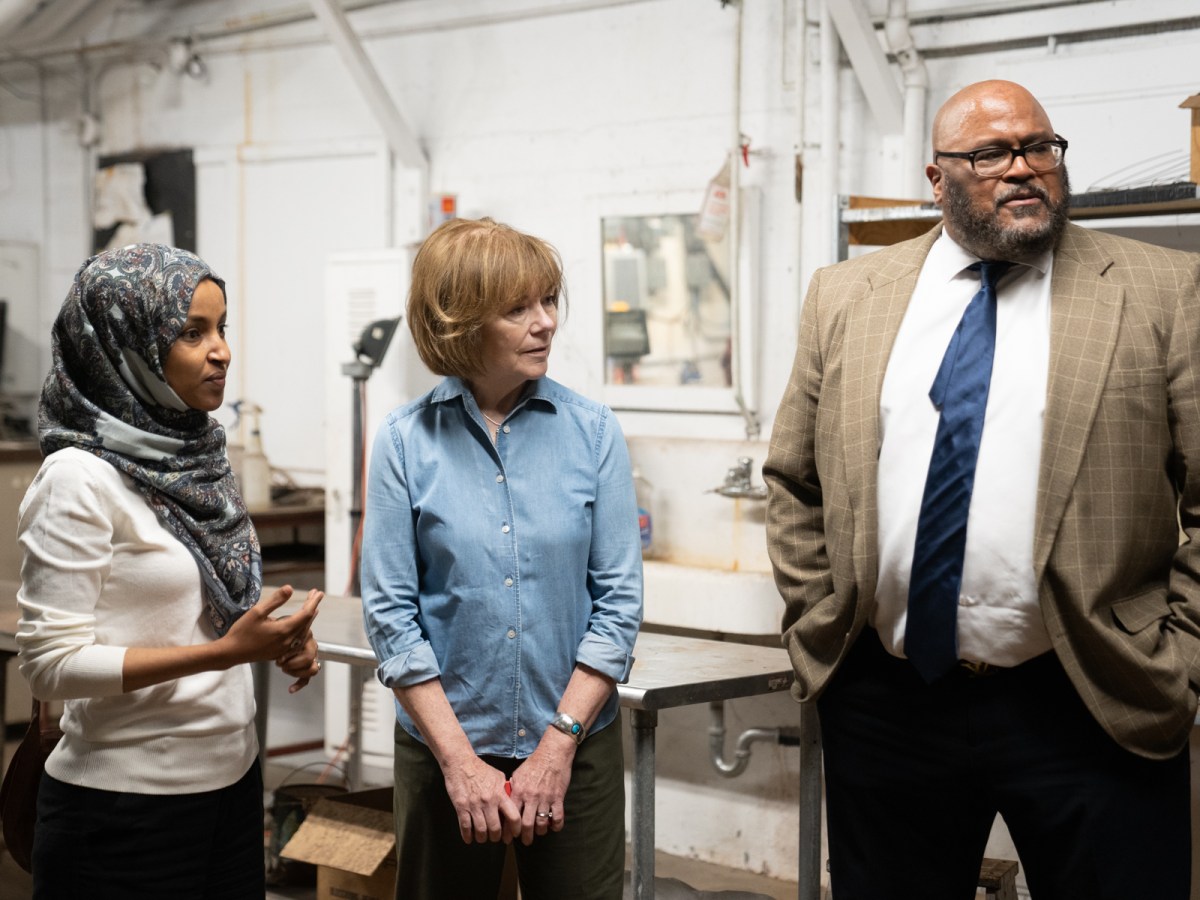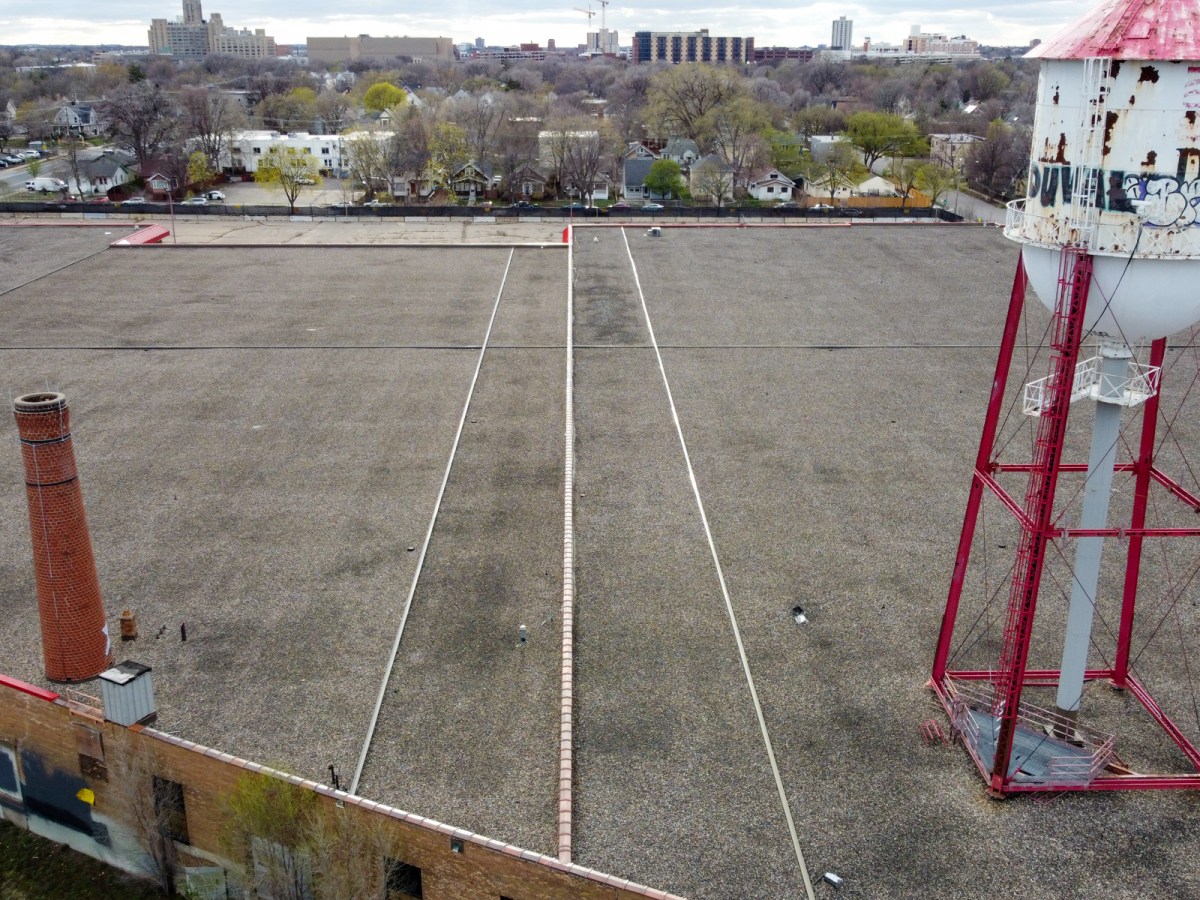A surprise federal inspection uncovered alleged violations of the Clean Air Act at a metal foundry in St. Paul’s Frogtown neighborhood.
St. Paul Brass and Aluminum is involved in two ongoing civil enforcement actions with the Environmental Protection Agency stemming from an unannounced inspection in July 2022. The metal casting factory has been active for more than 60 years on West Minnehaha Avenue near Lexington Parkway North.
The foundry, which makes aluminum and brass products, failed to register with a federal program for facilities that emit hazardous air pollutants, didn’t take corrective actions to resolve issues with equipment designed to limit pollution, and didn’t submit answers to multiple follow-up questions submitted by the EPA, according to federal documents.
Inspectors visited the foundry in July 2022, according to an EPA report, and issued two separate notices of violations to the company in March and June 2023. The inspectors found issues with several recordkeeping practices and the performance of pollutant filtration equipment.
St. Paul Brass and Aluminum has a non-expiring permit issued in 2007 by the Minnesota Pollution Control Agency (MPCA). The company began as a blacksmith shop in 1869, according to the permit.
The foundry is considered a non-major source of hazardous air pollutants because it uses metal alloys that contain small amounts of lead and nickel. But it failed to meet a 2011 deadline to register with a federal program for such facilities, according to a notice of violation filing from the EPA.
St. Paul Brass and Aluminum is adjacent to Frogtown Park and Farm and the Wilder Foundation Child Development Center. It is located across the street from a mosque, Masjid Al-Ihsan, and is surrounded by apartments, houses, and local businesses. The neighborhood is considered an environmental justice area by state and federal standards because more than 40% of residents are people of color and more than 35% of households are considered low income.
Its location near Frogtown Farm has caused concerns over the years, according to Caty Royce with the Frogtown Neighborhood Association.

The EPA reached out to the neighborhood association last month, Royce said. Staff from the neighborhood association plan to meet with the EPA on February 27 to learn more about the violations. The agency tried to arrange a meeting when officials were in Minnesota February 7 to discuss violations at Smith Foundry in Minneapolis, which is a similarly old, smaller foundry grandfathered into an environmental justice neighborhood. But the EPA and neighborhood group were unable to schedule a meeting at that time.
The violations make Royce think that neighbors deserve more testing at the facility to determine what pollutants it’s emitting and in what quantities.
“What we don’t know is concerning,” Royce said.
The foundry is cooperating with the EPA to address the issues, plant manager David Hartigan said in an email. The company is not aware of any specific complaints from neighbors, and has been working to reduce its emissions, he said. The foundry has several clients in the defense industry, Hartigan said.
“St. Paul Brass and Aluminum has been part of the community for over 150 years, and we take our role as a small business and good neighbor very seriously,” Hartigan said.
Violations detail equipment, record issues
Federal officials filed the first notice of violation in March 2023. It faulted the foundry for failing to properly record and respond to the poor performance of pollution filtration equipment known as baghouses. Baghouses function best when maintaining consistent pressure as dirty air passes through the filter. As the filter becomes dirtier with use, airflow is reduced, which lowers efficiency.
The EPA reviewed documents the foundry submitted to the MPCA that showed at least one baghouse consistently had pressure levels outside of operating range over three six-month periods from 2021 to mid-2022. For two of the six-month periods, the baghouse pressure level was outside of operating range 91 out of 91 times, according to the notice of violation. The EPA also cited the foundry for failing to address those issues.
Following the inspection, the EPA issued several formal questions to St. Paul Brass and Aluminum, but the foundry did not respond to at least seven of those queries, according to the notice of violation.
The second notice of violation, issued in June 2023, focused on the foundry’s failure to register with a federal list for sources of hazardous air pollutants. The EPA created new regulations for foundries in 2009, with requirements for facilities emitting beryllium, cadmium, lead, manganese, and nickel.
The agency set a June 2011 deadline for facilities to submit a document about their compliance status, but St. Paul Brass and Aluminum never did, according to the notice of violation.






